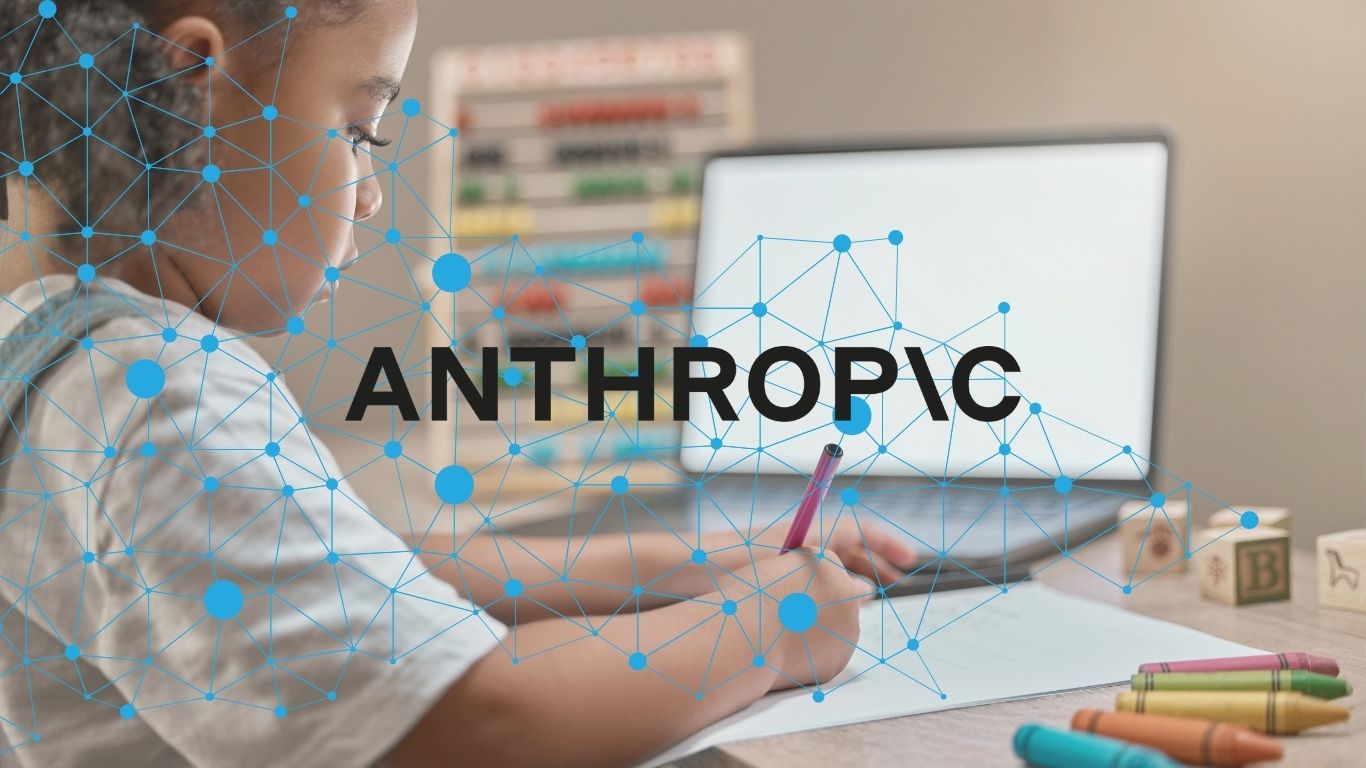How AI-Driven Underwater Data Centers Could Revolutionize Online Education
Artificial intelligence is making its way into classrooms, and the latest big move comes from Anthropic. On Wednesday, the AI startup announced, "Claude for Education," a specialized version of its Claude chatbot designed for higher education. It’s a direct response to OpenAI’s "ChatGPT Edu" and aims to support students, faculty, and administrators in universities worldwide.
What Sets Claude for Education Apart?
One of the standout features of this new education-level AI is "Learning Mode." Rather than giving answers, Claude now actually assists students in thinking. When Learning Mode is activated, the chatbot engages students in conversation, asks follow-up questions, and determines underlying principles behind complex topics. This approach goes beyond memorization, helping students build problem-solving skills.
For instance, instead of merely solving a calculus problem, Claude will walk a student through the problem step by step and make sure the student comprehends the logic behind each calculation. When doing research papers, students can use Claude to create outlines, tighten arguments, and even receive feedback on drafts.
A Win for Universities Too
Claude for Education is not only for students but also meant to aid university employees. Administrators can utilize the AI to study enrollment patterns, automate responses to common questions, and simplify other mundane tasks. With AI taking care of these repetitive tasks, staff members can devote more time to more significant interactions with students.
To ensure that integration is hassle-free, Anthropic has entered a partnership with Instructure, which owns the popular learning management platform Canvas. Anthropic has also partnered with Internet2, a nonprofit that operates cloud-based platforms for colleges. These partnerships translate to the fact that universities don't need to wrestle with complicated AI rollout—Claude will blend harmoniously with what they have currently.
Who's Already on Board?
A number of universities have already committed. Northeastern University, the London School of Economics and Political Science, and Champlain College have all made full-campus agreements, with access to Claude for Education for students and faculty. Northeastern is even taking an active role in determining how the AI becomes part of the academic environment, working with Anthropic to improve AI-enhanced tools and frameworks.
To continue growing, Anthropic is introducing student ambassador programs and AI builder programs meant to reach greater numbers of universities and motivate students to discover AI-facilitated learning.
SOURCE BY: - Tech Crunch
The Big Question: Is AI Good for Education?
AI EdTech has everyone in the buzz. There are some reports that chatbots such as Claude can be superb instructors and enable students to learn complicated subjects and remain engaged with learning. Others worry that relying too heavily on AI-powered tools would keep students from thinking and problem-solving and make them tech-dependent.
A 2024 survey conducted by the Digital Education Council identified that 54% of students in universities make use of generative AI on a weekly basis. With figures such as these, it's apparent that AI isn't merely a fleeting trend—AI is becoming an integral part of the student experience. The question now is to make sure that technologies such as Claude for Education are utilized to support learning and not displace original thinking.
The Business Side: AI in Higher Ed Is Big Bucks
Although Claude for Education is being sold as an educational tool, there can be no question that there's a financial incentive involved. Anthropic is said to make some $115 million per month, and with the goal of doubling that in 2025, competing in education is a savvy business decision. Universities, particularly those with deep pockets, are eager to spend money on AI tools that can enhance student performance and automate processes. By bringing Claude to more campuses, Anthropic not only increases its user numbers but also solidifies its role as an essential player in the AI-driven education market.
What's Next?
It's too soon to know exactly how AI will reshape higher education. Will it be the perfect study buddy, enabling students to learn more effectively? Or will it be a crutch that dilute independent thought? The future of AI in the classroom is yet to be written, but this is certain: universities are counting on it, and students are adopting it. With applications such as Claude for Education, the future of learning is more AI-supported than ever.
As AI becomes more integrated into learning, students and universities must find a balance—utilizing these resources to complement, not supplant, the human aspects of education. Anthropic's entry into this market indicates AI-based learning is here to stay. The question now is: how will educators and students leverage it to their benefit?
Frequently Asked Questions (FAQs)
-
What is Claude for Education?
Claude for Education is a specialized version of Anthropic’s AI chatbot designed to support students, faculty, and administrators in universities with features like Learning Mode and enterprise-grade security. -
How does Learning Mode help students?
Learning Mode encourages critical thinking by engaging students in discussions, asking follow-up questions, and guiding them through complex problems rather than just giving direct answers. -
Can universities customize Claude for their needs?
Yes, universities can integrate Claude into their existing systems with the help of partners like Instructure (Canvas) and Internet2, allowing for tailored AI-powered solutions. -
Is Claude for Education secure and private?
Yes, Anthropic emphasizes enterprise-grade security and privacy controls, ensuring that student and faculty data remain protected. -
How can universities get access to Claude for Education?
Universities can partner with Anthropic through full-campus agreements or by participating in pilot programs to explore AI-enhanced learning experiences.
At SkillBloomer, we help trainers, educators, and tech enthusiasts stay ahead in the ever-evolving digital learning space. AI innovations are shaping the future, and we’d love to hear your thoughts! Could AI-powered underwater data centers transform online education? Share your insights in the comments below!
.svg)
.svg)

 For Instructor
For Instructor

